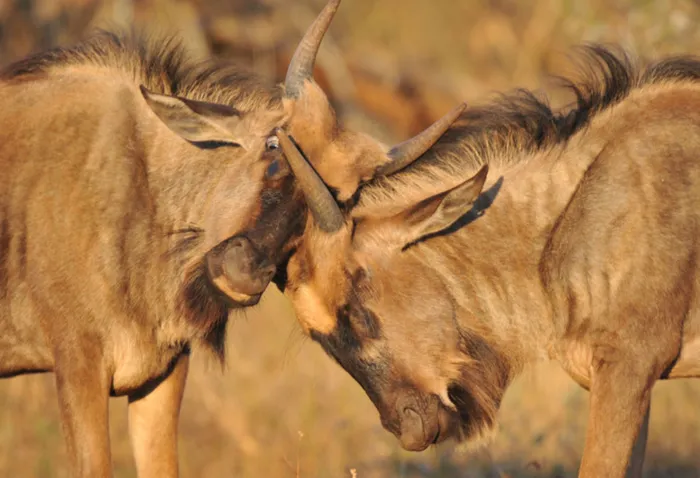
Kruger 130613. Picture: Etienne Rothbart. Kruger 130613. Picture: Etienne Rothbart.
#Focac: Johannesburg - China should not repeat its mistakes of environmental degradation in Africa through its plans for industrialisation and infrastructure development on the continent.
That was the warning sounded by Louise Scholtz, manager of the policy futures unit at WWF-SA, who said: “One would hope China is more cautious about making the same mistakes it made in its own country... of pollution, water quality and soil degradation.”
Scholtz was commenting on the outcome of Focac 2015, being held in Joburg.
The Johannesburg Declaration and a Plan of Action (2015 to 2017), which will outline specific measures to consolidate the growing mutual partnership between Africa and China, will be announced today.
Scholtz and the WWF want Focac to incorporate clear goals in the declaration and action plan on the sustainable use and trade of natural resources, responsible infrastructure development, clean energy, sustainable finance and the creation of a more inclusive process.
But she is concerned environmental concerns could be played down. “Everything points to the fact that there will be a very big focus and emphasis on large infrastructure development in Africa. There’s a lot of renewed industrialisation and... China is very actively doing a lot of investments.
“From an environmental perspective, we’re very worried that the focus on such concerns will be placed on the backburner. But any large-scale infrastructure development programme also has an environmental impact and an impact on communities. We want them (Focac) to be explicit about how they will manage the activities of their companies who are involved in building their infrastructure in Africa,” she said.
Since Focac’s inception in 2000, Scholtz added, environmental concerns had been gaining increasing prominence in the resultant declarations and action plans.
“There’s certainly increasing awareness that the environment is important. It’s in the interests of China.
“It knows you can’t pollute first and clean up later.”
The WWF expected “much more mention (in the declaration and action plan) of renewable energy and wildlife trade”.
“(With the latter) China sees there’s a reputational risk and there are indications that there’ll be measures announced looking at that.”
In a WWF briefing paper, it notes how China and Africa’s relationship and long-term prosperity are increasingly threatened by economic and social challenges driven by environmental degradation such as biodiversity loss, soil erosion, pollution and climate change.
“Environmental degradation deprives the economic sector of the ecosystem services that underpin their growth and development, for example the maintenance of water quality and quantity, and soil productivity for agriculture and forestry.”
On Tuesday, the WWF hosted a high-level, pre-summit conference with Chinese and African delegates to “explore the role of Focac and Chinese investments to drive sustainable development in Africa”.
Delegates discussed the illegal wildlife trade, how to promote sustainable forestry, the need for environmental planning to be built into infrastructural developments and the role of civil society in providing checks and balances, “an element missing from the Focac process”, the WWF noted.
SATURDAY STAR